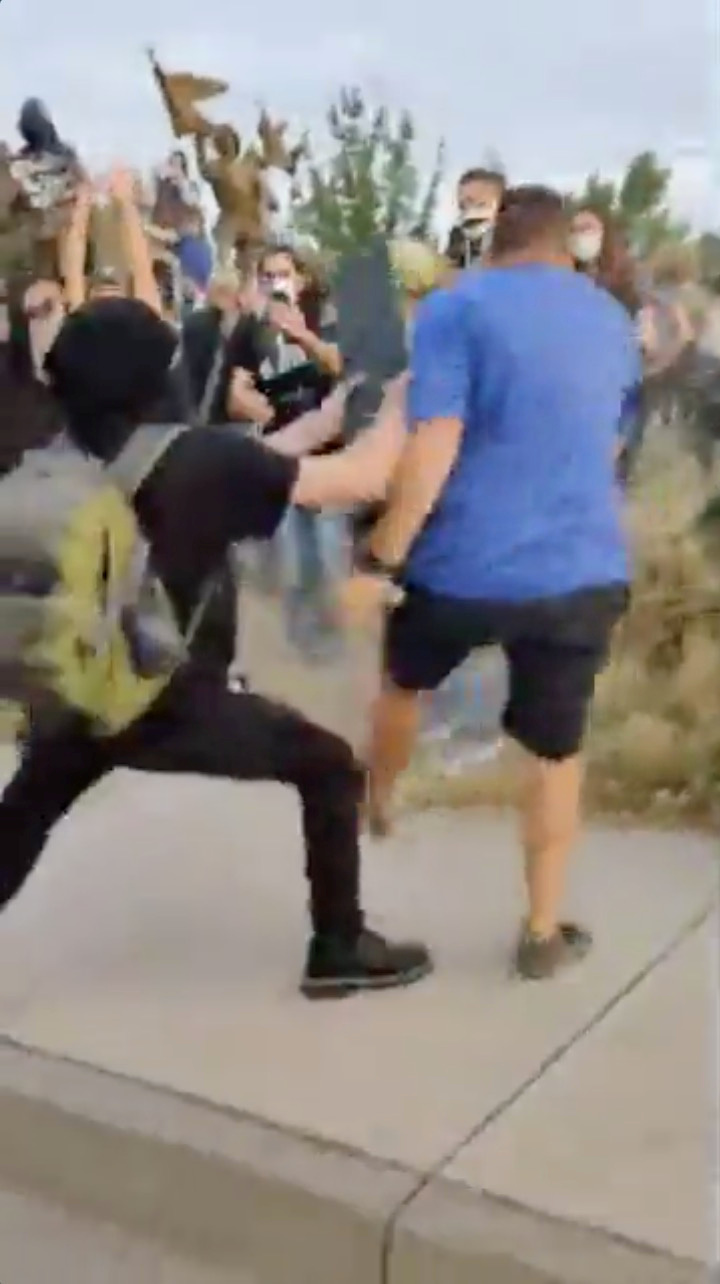
By Rich McKay and Brad Brooks
Atlanta (Reuters) – With most formal Juneteenth events canceled due to coronavirus concerns, street marches and “car caravans” were planned on Friday across the United States to demand racial justice on the day commemorating the end of slavery a century and a half ago.
Despite the limitations, the occasion holds particular significance this year, organizers say, coming at a time of national soul-searching over America’s troubled racial history triggered by the death of George Floyd under the knee of a white Minneapolis police officer.
Weeks of mounting demands to end police brutality and racial injustice are sure to animate rallies expected in cities coast to coast, including New York, Washington, Philadelphia, Atlanta, Chicago and Los Angeles.
In Texas, where Juneteenth originated, Lucy Bremond oversees what is believed to be the oldest public celebration of the occasion each year in Houston’s Emancipation Park, located in the Third Ward area where Floyd spent most of his life.
This year a gathering that typically draws some 6,000 people to the park, purchased by freed slaves in 1872 to hold a Juneteenth celebration, will be replaced with a virtual observance.
“There are a lot of people who did not even know Juneteenth existed until these past few weeks,” Bremond said.
Juneteenth, a blend of June and 19th, commemorates the U.S. abolition of slavery under President Abraham Lincoln’s 1863 Emancipation Proclamation, belatedly announced by a Union army in Galveston, Texas, on June 19, 1865, after the Civil War ended.
Texas officially made it a holiday in 1980, and 45 more states and the District of Columbia have since followed suit. This year, a number of a major companies declared June 19, also known as Emancipation Day or Freedom Day, a paid holiday for employees.
Juneteenth takes on raw emotion this year in Atlanta, where a black man last week was fatally shot in the back by a white policeman in the parking lot of a fast-food restaurant. The policeman was terminated by the department and charged with murder.
Instead of an annual Juneteenth parade and music festival, Atlantans will mark the occasion with a march to Centennial Olympic Park that organizers say will have a spiritual, rather than celebratory, tone.
“Join us in decrying racism in every form, and declaring unity from the church across lines of race, class, denomination, and culture,” OneRace, an ecumenical group that organized the march, said in a statement.
Dozens of protests and marches marking Juneteenth and calling for an end to racial injustice were scheduled to take place across New York City’s five boroughs on Friday.
On the West Coast, union dockworkers at nearly 30 ports planned to mark the occasion by staging a one-day strike.
But much of the focus of the 155th annual observance will take place on social media, with online lectures, discussion groups and virtual breakfasts, to help safeguard minority communities especially hard hit by the pandemic.
“We have been training our staff on how to use technology to present their events virtually and online,” said Steve Williams, president of the National Juneteenth Observance Foundation.
Many chapters have also planned “car caravans”: slow-speed processions of motorists honking horns and waving their arms as they wend their way through neighborhoods, Williams said.
A focal point of Juneteenth observances this year is likely to be Tulsa. President Donald Trump is traveling to the Oklahoma city’s first campaign rally in three months, originally scheduled for Friday but moved to Saturday after an outcry.
Critics said staging the rally on Juneteenth in Tulsa, the scene of a notorious massacre of African Americans by white mobs in 1921, showed a profound lack of sensitivity to the city’s history, not to mention disregard for public health concerns. Tens of thousands of supporters will jam into a sports arena for the event despite the risk of spreading the coronavirus.
Juneteenth organizers were planning an outdoor event expected to draw tens of thousands on Friday, local media reported.
Byron Miller, Juneteenth commissioner for San Antonio, Texas, said he has long felt compelled to make the celebration “palatable” to white people by emphasizing advances in racial harmony, rather than dwelling on centuries of abuses endured by African Americans.
But Floyd’s death has left him newly embittered.
“The times we’re living now have forced many of us to acknowledge that maybe slavery has never ended, in some fashion or another,” he said.
Bremond saw the potential for the holiday as a balm for racial wounds, saying, “I’m hopeful that Juneteenth will serve as a stabilizing influence for the chaos that we’ve been seeing in the streets.”
(Reporting by Rich McKay in Atlanta; Brad Brooks in Austin, Texas; Maria Caspani in New York; Additional reporting and writing and by Steve Gorman in Los Angeles; Editing by Daniel Wallis and Jonathan Oatis)










